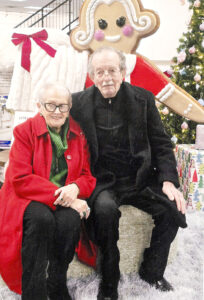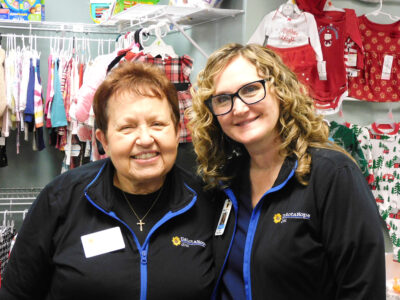Politics takes back seat to welcoming immigrants into America

Submitted Photo In 2023, North Dakota created a new Office of Legal Immigration as a way to help businesses around the state overcome labor shortages and recruit and retain foreign labor. (Adobe Stock photo)
Republican presidential nominee Donald Trump held a rally Sunday that his critics say reinforced a hateful tone felt by Puerto Ricans and foreign-born populations.
Those helping new Americans resettle in rural North Dakota hope politics don’t interfere.
Trump’s position on immigration often focuses on undocumented individuals and the southern border. But while in office, he also placed tighter caps on refugee admissions.
Derrick Gross is the executive director of Communities Acting Together for Change and Hope (CATCH ND), a new nonprofit that assists non-English speakers adapting to rural North Dakota towns after being approved for resettlement.
Despite the national tone, Gross said he sees more positive welcoming examples locally.
“One of the families had a couple of young kids,” Gross said. “They didn’t have their driver’s license yet so they needed a stroller and wagon so they could walk to the store and get groceries and supplies. Neighbors provided those things for them when put out a request on Facebook.”
But if a resident in one of these communities is swayed by misinformation on the campaign trail, Gross urges them to learn about key programs while sharing their concerns.
As for the rally, the Trump campaign tried to distance itself from vulgar comments made by speakers who took to the podium ahead of the former president, saying they didn’t reflect Trump’s views.
This year, a study came out showing undocumented immigrants paid nearly $100 billion in federal, state and local taxes in 2022, even as they are often barred from accessing social service programs.
For his group’s part in working with refugees, Gross said it’s important to understand they’re trying to help rural communities struggling with population loss thrive.
“We’re not looking to create sanctuary cities,” Gross said. “We’re looking to create situations where people who are coming here legitimately and legally, who want to be here, have an opportunity to be settled in a welcoming place.”
Gross said these are people with a path to citizenship who can take jobs rural businesses are struggling to fill.
He said CATCH ND differs from traditional, larger resettlement efforts by focusing on smaller towns, where making local connections might foster a communitywide response in providing help.
The American Immigration Council says roughly 5% of North Dakota’s population was born in another country, more than double the number reported 25 years ago.


